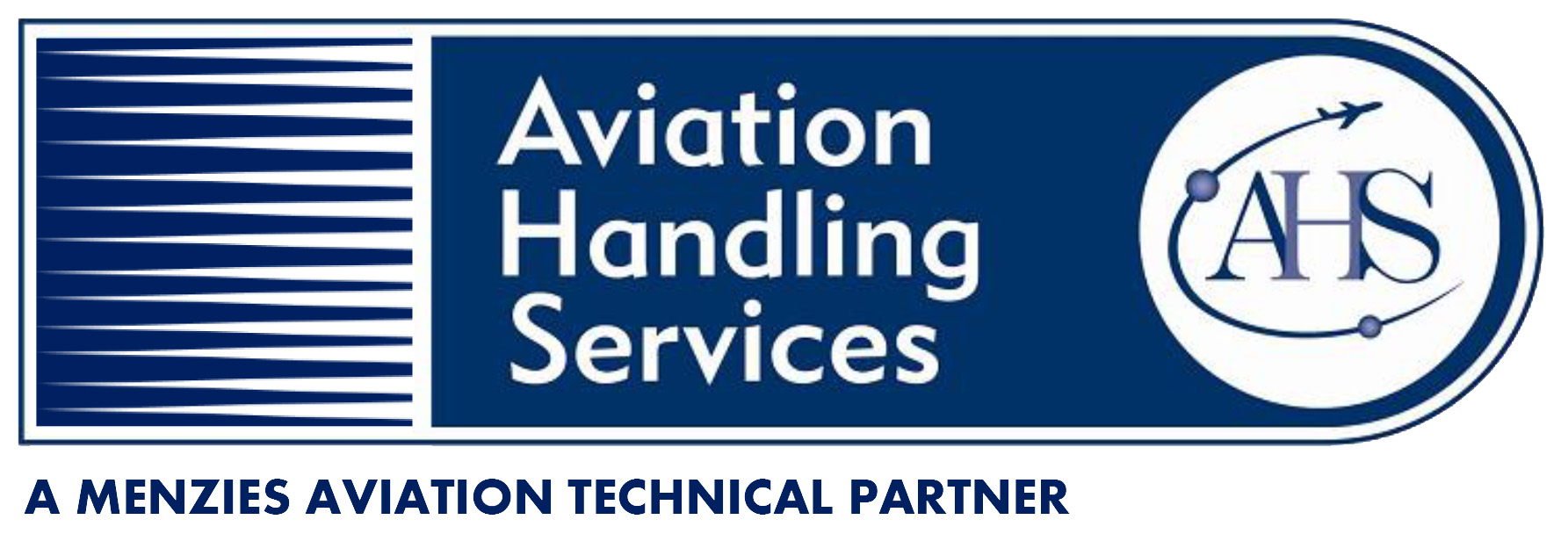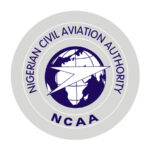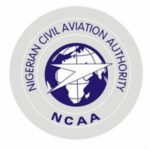The local aviation industry has been in turmoil for some years now. From the ravages of the COVID-19 pandemic that disrupted travel globally, to the current high cost of aviation fuel and other materials, to the high cost of aircraft acquisition as a result of interest costs that are as high as 26 per cent in the local financial market.
There are also regulatory charges that each airline pays to various agencies operating in the industry. These have put tremendous pressure on revenue in the industry. Consequently, operators in the sector are experiencing income challenges that now threaten their viability. Indeed, some operators in the sector are known to have closed shop as costs overran incomes.
Those that have survived have resorted to the easiest option available to companies facing this kind of situation. To stay afloat, they have raised their fares, not once, but several times within a short period. In the local industry, fares for the most popular routes such as Lagos-Abuja, Port Harcourt-Abuja and Lagos-Kano have been raised astronomically, so much so that today passengers are being asked to pay as much as N200,000 for a round trip on some of the local routes. Such costs for flights that last on average between 45 minutes to one hour are quite high by historical standards.
Yet, the increase in fares has not brought much relief to either the airlines or the flying public. Rather, air travel in Nigeria has become quite chaotic, with frequent delays and cancellations of scheduled flights. There is so much agony now in the industry, which cannot be allowed to continue.
They’re fighting me because of my red biro – Fubara
NIGERIA DAILY: I Prepared Spaghetti With Only Palm Oil Because Of Harsh Economy – Nigerian
Expectedly, the rise in fares has turned air travel in the country into an elitist affair available only to the rich. At a time when the country is witnessing a high level of insecurity, many Nigerians have interpreted this to mean that they are being condemned to travel by road with all the dangers it portends. Even with this, the troubles in the industry are far from being over. There is no sign that the current fares will be the last for now.
In fairness to the airlines, we admit that they are correct to argue that operational costs are rising so they too will need to raise prices because they are in business to make money.
However, the truth is that they cannot go on raising their fares indefinitely. Already, there is a growing customer resistance to the gale of fare increases in the industry. Soon, the airlines will not be able to pass much of the costs to the flying public.
Again many of the airlines do not possess the minimum of six aircraft required under the regulation by the Nigeria Civil Aviation Authority to operate in the country.
According to findings by this paper, only five of the 12 registered airlines have met the requirement which the NCAA insists they must meet by the end of this month or have their operating licence revoked.
Thus the likely only option for our domestic carriers is to merge. Daily Trust believes that the NCAA and indeed the federal government should encourage airlines to merge and consolidate their operations in the interest of the country.
A similar exercise by our banks, in the wake of an increase in their capital base a few years ago, had seen mergers that today led to a stronger better financial service delivery in the country.
We believe that the airlines as they are currently are generally small businesses and therefore cannot individually absorb or offset any slight changes in the market which is why they keep raising prices.
In our view, consolidation in the local aviation industry will be the elixir for the sector where operators are constantly running to the government for intervention. By combining their resources, investors in the industry will be able to enjoy the benefits of scale of operation that will result in lower operating costs.
The local aviation industry can have two or three big airlines that will more efficiently and profitably ply the domestic routes, compete in the international routes, and still give Nigerians something like a national carrier.
Indeed, operators in the Nigerian aviation industry today have a golden opportunity to seize. The failure of the government to float a functional national airline is an opportunity they should grab without looking back. Nigerians are looking for an airline that will serve them, not necessarily one owned by the government. The talk about a national airline is still on today because there have been credible competitors; once that carrier emerges, the flying public will embrace it and move on.
However, the current airlines, which are largely one-man-owned businesses, are not likely to fit into this role. The emergence of two or three players in the industry, appropriately capitalised, can resolve this challenge for Nigeria.
If Nigeria will indeed play the role of being the hub of business activities in West Africa and even the rest of the continent, then we must be seen as being ready for that. And one area that this will be best demonstrated is the size of our airlines. They should be able to cover the whole of Africa and our major trading partners. Size will be critical for that role.

 Join Daily Trust WhatsApp Community For Quick Access To News and Happenings Around You.
Join Daily Trust WhatsApp Community For Quick Access To News and Happenings Around You.


